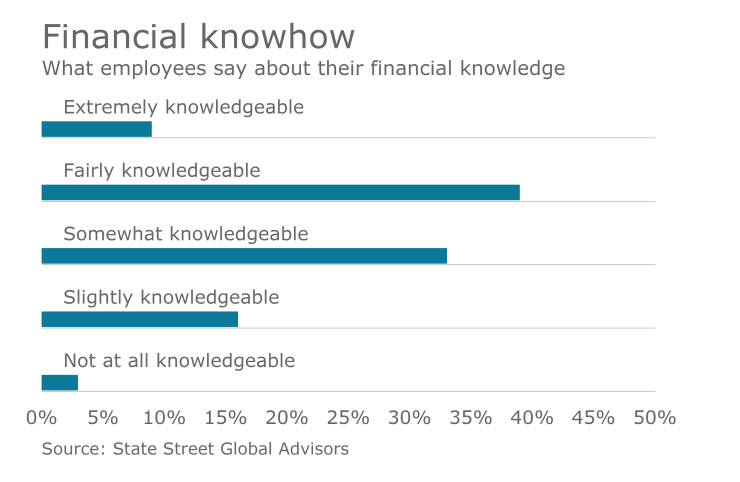Individual personality traits play a large role in how each of us plan for or react to life events, including but not limited to financial management. Struggling with money tasks like maintaining a budget or setting aside for long-term goals is due in part to a lack of understanding of your specific personality type. When trying to shift habits and behavior, working in line with your true self and natural tendencies creates a much higher propensity for success, whereas fighting against your predispositions makes for a far more challenging ride.
In an effort to help individuals understand and work with their unique traits as it relates to rules and structure, author Gretchen Rubin developed a comprehensive grid of four major personality types. The four types — upholders, obligers, questioners and rebels — are each based on how individuals achieve or resist both inner and outer expectations. Understanding where you fall within the framework of Rubin’s personality types can lead to greater accomplishment in the realm of your financial life and beyond.
While American businesses have become better able to increase productivity and improve margins, statistics show a decrease in employee engagement and rising unhappiness. In an effort to better understand how to build the right kind of office culture, where employees are happy, healthy and productive, Chris Reimer, communications strategist and author of Happywork, shares eight ways organizations create horrible office cultures.
Upholders
Rubin explains that individuals who fall into the upholder category tend to respond to both inner and outside expectations. Upholders have the easiest time forming new habits and keeping commitments both to themselves and to others. For instance, an upholder has no qualms about paying bills on time or filing taxes by the deadline, as these are both outer expectations. Similarly, upholders may find it simple to implement a new financial strategy, such as diversifying an investment portfolio or establishing a monthly budget. These tasks come without stress for upholders because there is an expectation and high level of acceptance that they must be done in order to achieve a bigger goal.

Obligers
Similar to upholders, obligers have no issue in accepting rules imposed from the outside; however, expectations set from within often come with resistance. Obligers are quick to meet conventional expectations, like paying bills or buying lunch for coworkers. But when it comes to self-created goals such as saving in an employer-sponsored plan, implementation is a challenge. If you fall into this category, it is necessary to establish systems that focus on accountability. Obligers may want to automate savings as a direct deposit to help shore up an emergency fund, or seek the ongoing help of a friend, family member, co-worker or professional advisor to maintain an established system. Knowing that internal expectations are hard to meet is the first step, followed closely by creating a structure of accountability.
Questioners
Individuals who fall into the questioner category meet both inner and outer expectations only when they feel as though the rules make sense. Instead of taking conventional knowledge or rules of thumb at face value, questioners do substantial research and evaluate the advantages and disadvantages inherent to certain decisions prior to pulling the trigger. Rules are only followed when it makes sense for their specific situation. Questioners are more apt to take on financial tasks alone, and often forge their own path toward certain objectives. While questioners get things accomplished, the process can be prolonged given the tendency to over analyze.
Rebels
As one would imagine,
Also see: “
Each of Rubin’s defined personality types have strengths and weaknesses based on how rules and expectations are perceived and accepted. Upholders have the easiest time coloring within the lines, but often lack a high tolerance for risk. Obligers have more of a tendency to follow external guidelines but struggle to implore self-imposed goals, while questioners take time to understand how following certain rules impacts them directly or indirectly. Rebels have the hardest time sticking to strict expectations, but can find success by being flexible in their planning. Understanding how each personality type functions, and which category you fall in, is a crucial factor in realizing success in personal financial management.






